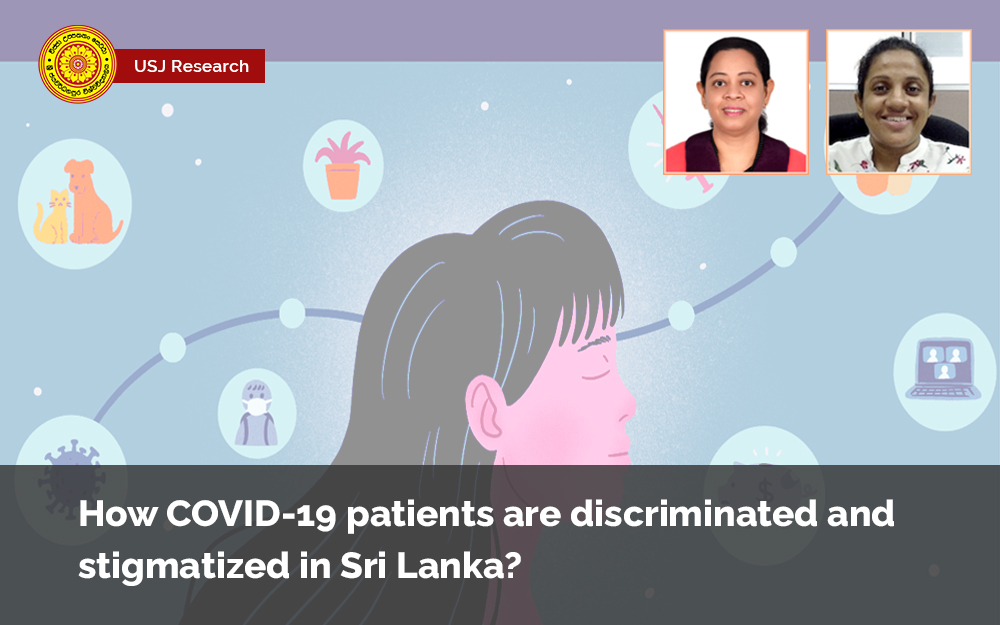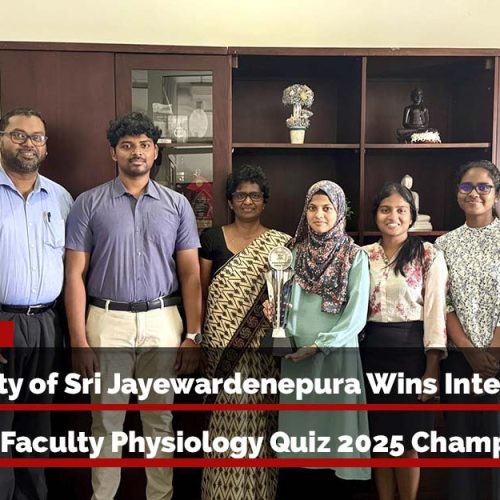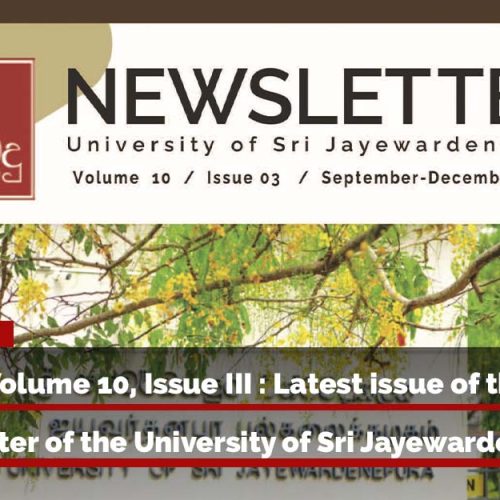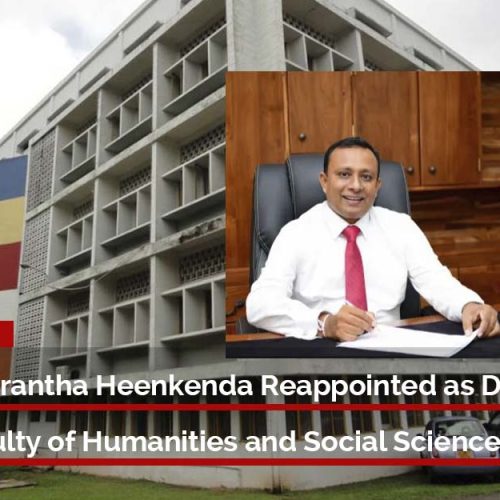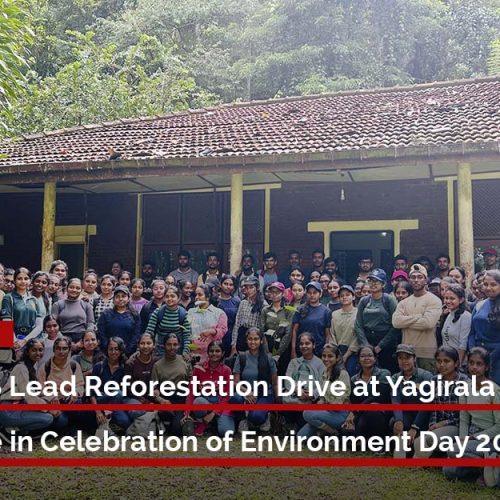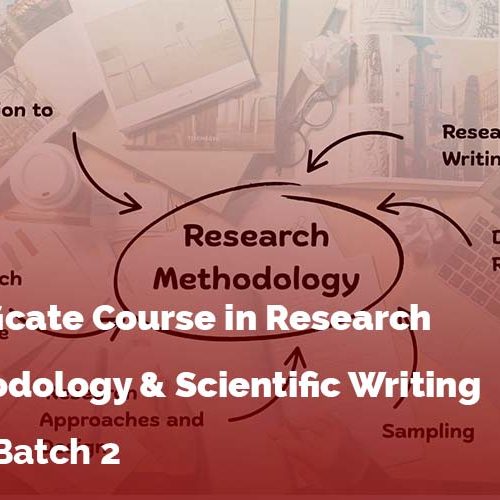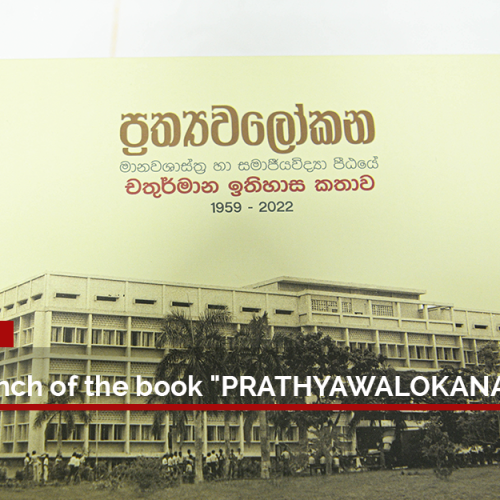“The stigma and discrimination experienced by COVID-19 patients in society, workplaces, and healthcare facilities have serious negative consequences in Sri Lanka at both the individual and family levels. In this regard, irresponsible media reporting and sensationalism of news coverage leading to breaching of privacy and confidentiality, defaming and false allegations without consent have been identified as the main drivers of discrimination.” said Dr. Surangi Jayakody. Therefore, regulations on responsible media reporting, including an effective risk communication strategy to counteract its effects, are strongly recommended. Moreover, support strategies should be put in place for patients diagnosed with COVID-19 aimed at coping with fear and anxiety and dealing with stigma, even after recovery.
A research was carried out to gain insight and explore the depth and complexity of COVID-19 patients’ experiences and to explore the experiences, and main driving forces of stigma and discrimination among COVID-19 patients, following hospital discharge, in Sri Lanka. The study was led by Prof. Shamini Prathapan and Dr. Surangi Jayakody of Department of Community Medicine, Faculty of Medical Sciences, University of Sri Jayewardenepura, Sri Lanka
Out of the sample of 139 COVID-19 patients, the majority of participants were men (n¼80; 57.6%), with a mean age of 43 years (SD¼11.2). In total, up to one-third of the study participants experienced stigma related to COVID-19 and were discriminated against by the community, co-workers and healthcare workers in Sri Lanka. Social discrimination included barriers in accessing basic needs, insulting, blaming, defaming, spreading rumours and receiving no support during emergencies. Workplace discrimination included loss of jobs, not allowing re-entry and loss of earnings due to self-employment. Discrimination by healthcare workers included breaching of confidentiality, lack of respect, not providing health services and communication barriers. Discrimination has led to social isolation, not seeking help and severe psychosocial issues impacting their family relationships. Irresponsible media reporting and sensationalism of news coverage leading to breaching of privacy and confidentiality, defaming, false allegations and reporting household details without consent were perceived as the main factors underlying the views and opinions of the general public.
Read the full Research Article
Read more Research Articles :
90 percent of the new cases in Colombo belonged to the Delta variant says Dr. Jeewandara
Over 95% individuals developed antibodies against the Sinopharm vaccine – USJ Researchers
Single dose of Sputnik V is highly effective but second dose is beneficial says USJ researchers
USJ and USDA-ARS collaborative research team discovered new Pathogenic Fungal species
Wireless Sensor Network to solve Human-Elephant conflict – replacement for existing electric fences?

